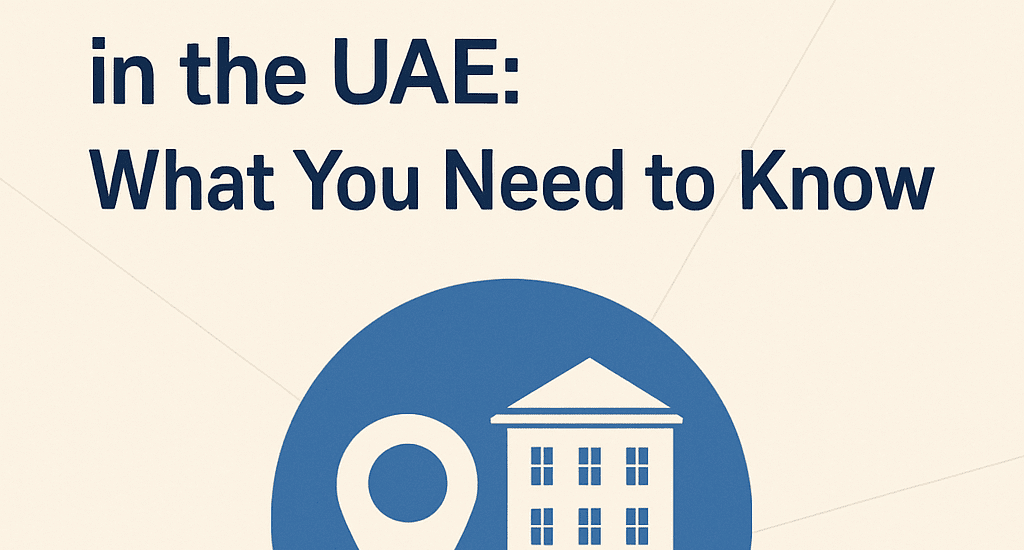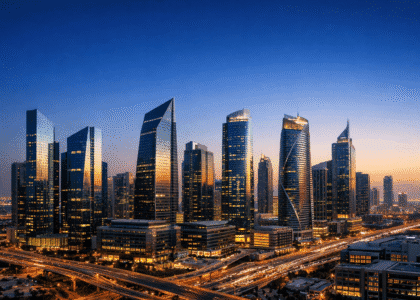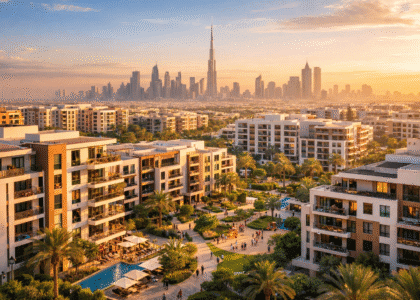The UAE’s thriving real estate market has long attracted investors and homebuyers from across the globe. With modern infrastructure, strategic location, and an ever-growing economy, the country offers abundant opportunities. For Non-Muslims, property ownership has its own legal framework, offering clear guidelines on where and how they can invest. Understanding these rules is essential to ensure your investment is secure and aligned with local regulations.
Legal Framework for Property Ownership
In the UAE, property laws vary slightly between emirates, but there is a unified understanding that Non-Muslims have specific rights in designated zones. Historically, property ownership was restricted to UAE nationals, but reforms over the past two decades have opened the doors to foreign investment—especially in freehold areas.
In Dubai, for example, Law No. 7 of 2006 clearly outlines where non-GCC nationals, including Non-Muslims, can own property outright. Similar provisions exist in Abu Dhabi, Sharjah, and other emirates, though the scope and conditions differ.
Types of Ownership Available
For Non-Muslims, property ownership generally falls into two categories:
- Freehold Ownership
This grants full ownership of the property and the land it stands on, indefinitely. Freehold owners can sell, lease, or pass on the property as part of their estate without restrictions. This option is available in designated freehold zones such as Dubai Marina, Downtown Dubai, Palm Jumeirah, and Yas Island in Abu Dhabi. - Leasehold Ownership
Here, the ownership is granted for a fixed period, typically 30 to 99 years. The owner has rights to use the property during the lease term but not the land itself. Leasehold agreements are more common in certain parts of Sharjah and Abu Dhabi.
Freehold Zones in the UAE
Non-Muslims can invest freely in specific freehold zones approved by the government. Some popular ones include:
- Dubai – Palm Jumeirah, Downtown Dubai, Business Bay, Dubai Hills Estate, Jumeirah Lake Towers.
- Abu Dhabi – Yas Island, Saadiyat Island, Al Reef, Reem Island.
- Sharjah – Al Mamsha, Tilal City (leasehold for 100 years for non-UAE nationals).
Each emirate publishes its list of approved zones, and developers often guide buyers through the eligibility process.
Inheritance and Wills for Non-Muslims
One of the most crucial aspects for Non-Muslims to consider is inheritance law. In the absence of a registered will, Sharia law may apply to property distribution, which might not align with the owner’s wishes. To avoid this, many Non-Muslims register their wills with the DIFC Wills Service Centre in Dubai or the Abu Dhabi Judicial Department. These legal frameworks allow property owners to specify beneficiaries according to their personal preferences.
Financing Options
Banks in the UAE offer mortgage options to Non-Muslims, provided they meet eligibility criteria such as income, employment status, and credit history. Loan-to-value ratios are generally up to 75–80% for first-time buyers, though exact terms vary by bank and emirate. It’s advisable to work with a mortgage advisor familiar with the specific rules for foreign investors.
Buying Process for Non-Muslims
The property purchase process in the UAE is relatively straightforward:
- Select the property in a designated freehold or leasehold zone.
- Sign a Memorandum of Understanding (MOU) with the seller, outlining terms.
- Pay the deposit (commonly 10% of the property price).
- Obtain No Objection Certificate (NOC) from the developer.
- Transfer ownership at the relevant Land Department, paying transfer fees (usually 4%).
Engaging a reputable real estate agent or legal consultant ensures all documentation and compliance requirements are met.
Key Considerations Before Buying
- Research the developer’s track record to ensure project completion and quality.
- Understand service charges and maintenance costs for the property.
- Confirm property registration fees and other government charges.
- Review visa options — in some cases, property ownership can qualify you for a UAE residency visa.
The Growing Appeal for Non-Muslims
With world-class amenities, tax-free income, and strong rental yields, the UAE continues to be a top choice for foreign property buyers. The government’s openness to Non-Muslims owning property in specific areas fosters trust and long-term investment confidence. These reforms reflect the UAE’s vision to remain an inclusive, globally connected hub.
Conclusion
For Non-Muslims, property ownership in the UAE offers a blend of opportunity, security, and lifestyle benefits. By understanding the legal framework, choosing the right location, and securing professional advice, you can navigate the process smoothly. Whether you’re seeking a dream home, a rental investment, or a long-term asset, the UAE’s property market has something to offer—making it a truly rewarding destination for international buyers.
✅ Ready to Make the Smart Move?
Explore our latest smart home listings or book a free consultation with a Heptagon advisor today. Let’s help you find a home that’s not just modern—but future-ready.
Call us: +971 50 203 5824
Email: info@heptagonproperties.com
Website: https://heptagonproperties.com
Follow us on Instagram | LinkedIn | YouTube | Facebook | Tiktok





